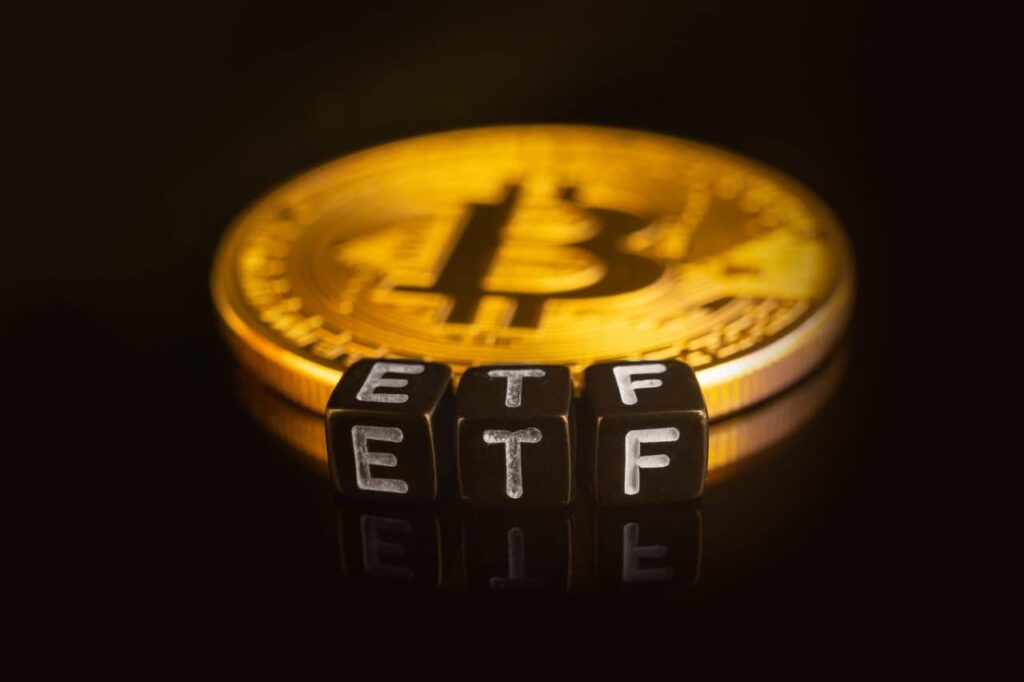The world of cryptocurrency is ever-evolving, and recent regulatory shifts promise to reshape the landscape further. As Bitcoin experiences volatility, the interest from institutional investors remains steadfast, with significant focus on exchange-traded funds (ETFs) as a vehicle for participation. BlackRock’s Bitcoin ETF (IBIT) is leading the charge, demonstrating substantial inflows and solidifying its position in the market. With major developments from financial regulatory bodies, the possibilities for IBIT and the broader crypto investment environment are immense.
BlackRock’s Bitcoin ETF: Dominance and Potential Growth
In recent times, Bitcoin (BTC) has faced fluctuating market conditions, yet the appetite from large-scale investors has only intensified. Notably, BlackRock’s Bitcoin ETF, referred to as IBIT, has continued its strong performance, attracting monthly inflows of around $5.175 billion. This success has propelled IBIT’s assets under management to a notable $84.08 billion, positioning it as a frontrunner among ETFs, second only to Vanguard S&P 500 ETF (VOO).
Can BlackRock Overtake Its Competitors?
BlackRock’s momentum is impressive, and many anticipate its growth trajectory to continue, particularly in the wake of recent changes instituted by the Securities and Exchange Commission (SEC). On July 29, the SEC expanded the maximum number of options contracts permitted on Bitcoin ETFs from 25,000 to 250,000, applying this change specifically to ETFs like IBIT, while excluding rivals such as Fidelity’s Wise Origin Bitcoin Fund (FBTC).
According to Greg Cipolaro, NYDIG’s global head of research, these regulatory updates are set to significantly widen the lead that IBIT holds over its competitors. The SEC’s allowance for in-kind creation and redemption for crypto ETFs, enabling fund shares to be exchanged directly for the underlying cryptocurrency instead of traditional fiat currency, could revolutionize how both institutional and retail investors engage with crypto assets.
How Do ETF Inflows Impact the Cryptocurrency Market?
The substantial inflows into ETFs like BlackRock’s IBIT serve as an indicator of growing institutional confidence in cryptocurrencies. This influx of capital not only bolsters the ETF’s performance but also signals a broader acceptance and maturation of digital currencies in mainstream finance.
What Makes IBIT Stand Out Among Other Bitcoin ETFs?
IBIT’s dominance is attributed to its strategic alignment with regulatory changes and its robust inflow capacity. By adapting to regulatory shifts and offering innovative features like in-kind redemption mechanisms, IBIT sets itself apart, making it a preferred choice for large-scale investors seeking stable Bitcoin exposure.
Will Regulatory Changes Affect Other Cryptocurrency Investments?
The recent adjustments by the SEC have implications beyond just Bitcoin ETFs. These changes could catalyze further regulatory clarity across various crypto investment vehicles, potentially encouraging a more secure and investor-friendly atmosphere throughout the cryptocurrency market.
Is Investing in Bitcoin Through ETFs Safer Than Direct Investment?
ETFs provide an alternative to direct Bitcoin investment, offering a regulated and often less volatile route to exposure. They mitigate some risks associated with direct trading and storage, making them an attractive option for investors seeking a blend of security and market participation.
This comprehensive guide delves into the mechanisms driving BlackRock’s IBIT, exploring the ETF’s strategic advantages and regulatory impacts. These insights, along with the FAQ section, offer valuable perspectives for investors aiming to navigate the evolving crypto landscape effectively.

